You know that guy who always says "Dale!" and seems to pop up everywhere from Super Bowl commercials to Vegas residencies? Yeah, that's Pitbull. But here's the thing most people don't realize—this Miami native didn't just stumble into success. He built a legitimate empire, one that's worth around $100 million today.
Armando Christian Pérez, who goes by Pitbull, has sold over 100 million singles and 25 million albums worldwide. But honestly, those numbers barely scratch the surface of what he's accomplished. The man went from literally selling drugs on Miami streets to owning vodka brands, NASCAR teams, and charter schools. It's one hell of a story, and it all started in a place where most people would've just given up.
Pitbull's Early Life and First Money
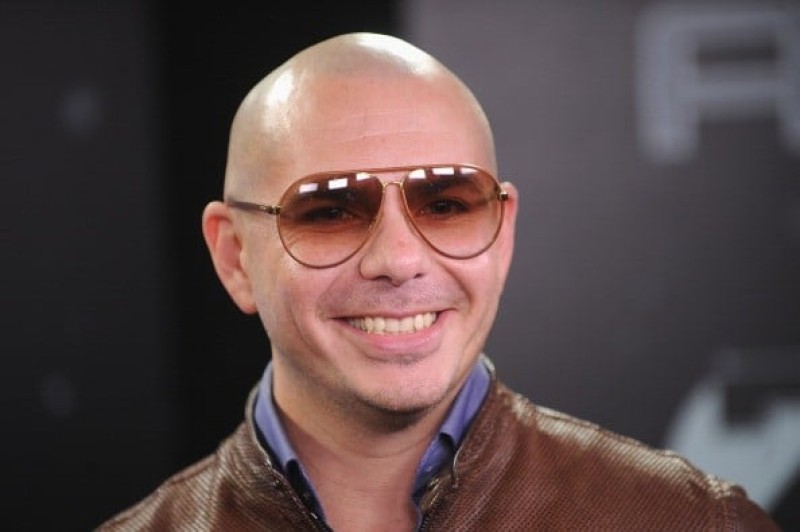
Born January 15, 1981, in Miami to Cuban parents, Pitbull's childhood was rough. His parents split up when he was young, and at 16, his mom kicked him out. He ended up crashing with a foster family in Georgia for a bit. During those years, he got involved in the drug trade—following his dad's footsteps down a path that usually doesn't end well.
But music saved him. After finishing high school at Miami Coral Park, he picked the name "Pitbull" because those dogs never give up—they're "too stupid to lose," as he put it. Pretty fitting, honestly.
In 2001, when he was just 20, Pitbull signed his first real record deal with Luther Campbell's Luke Records. That's when the legitimate money started coming in, though it wasn't much at first. His big break came through a connection with Lil Jon, who put him on the 2002 album "Kings of Crunk." Then in 2003, his track "Oye" made it into "2 Fast 2 Furious," which gave him some serious visibility.
Here's a cool detail—when Pitbull got his first proper paycheck for $1,200, he didn't blow it on himself. He bought his mom a 1988 Mazda hatchback. Say what you want about the guy, but he never forgot where he came from.
Career Development and Rising Earnings
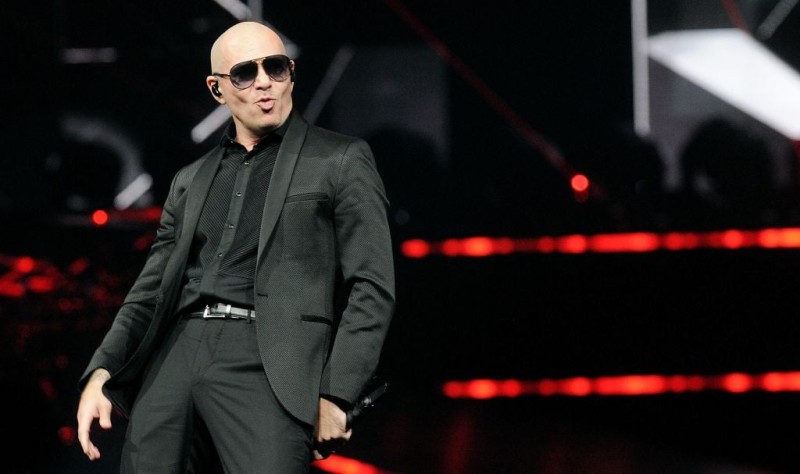
The real turning point hit in 2004 with his debut album "M.I.A.M.I." (Money Is A Major Issue). Lil Jon executive produced it, and the lead single "Culo" became a hit. The album went Gold, sold over 500,000 copies, and peaked at number 14 on the Billboard 200. Not bad for a first try. He probably pulled in around $500,000 from those initial sales.
But then things got rocky. His second album "El Mariel" in 2006 moved about 189,000 copies—okay, but not great. The third one, "The Boatlift" in 2007, barely sold 32,000 copies. We're talking maybe $33,000 in album revenue. Those were tough years where a lot of artists would've quit the game.
Pitbull didn't. Between 2007 and 2009, he was grinding hard, making around $6 million a year from album sales, features on other people's tracks, and some early endorsement deals. He toured with Eminem and 50 Cent on the Anger Management Tour back in 2005, which helped him reach bigger audiences. The man just kept pushing.
Peak Success and Pitbull Net Worth Explosion
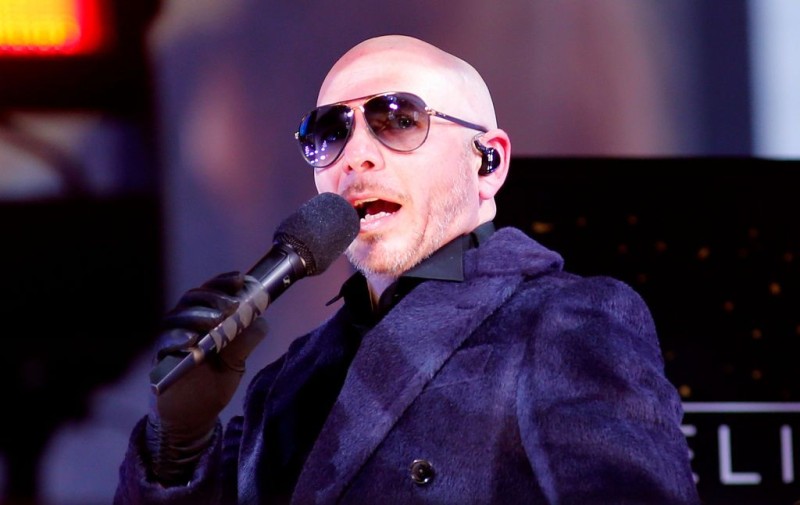
Everything changed in 2009. His fourth album "Pitbull Starring in Rebelution" dropped with "I Know You Want Me (Calle Ocho)," and that song absolutely blew up. It hit number 2 on the Billboard Hot 100 and went 6x Platinum. Suddenly, Pitbull wasn't just an underground rapper anymore—he was a pop star.
Then 2011 happened, and honestly, that's when pitbull net worth really started exploding. He released "Planet Pit" with his first number one hit "Give Me Everything" featuring Ne-Yo, Afrojack, and Nayer. Plus, he appeared on Jennifer Lopez's massive hit "On the Floor," which went global. The album sold 477,000 copies, but the real money came from touring. He headlined nine major tours between 2009 and 2018.
His earnings during this period tell the story: $6 million in 2011, $9.5 million in 2012, $11 million in 2013, $12 million in 2014, $17 million in 2015. But the absolute peak? That was 2018, when he pulled in $35 million in a single year. The guy did over 100 concerts that year, plus endorsements, royalties, and business deals. For a while there, he was one of the ten highest-paid rappers on the planet.
"Timber" with Kesha in 2013 became another worldwide smash—topped charts in 20 countries and sold nearly seven million units. Between 2007 and 2019, Pitbull's total earnings hit around $182 million before taxes and expenses.
Current Pitbull Net Worth and Earnings
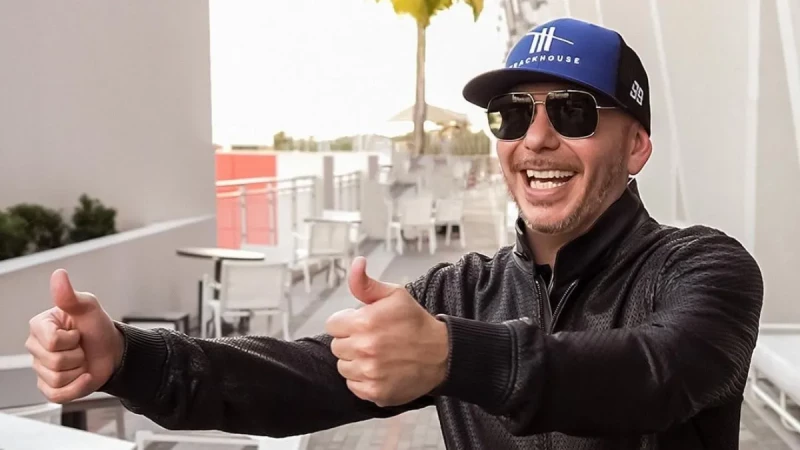
So where does all that leave him today? As of 2024, pitbull net worth sits at around $100 million. That money comes from everywhere. Music still matters—he's got 11 studio albums out there, and between album sales and singles, he's made about $8-10 million just from recordings. But streaming is where things get crazy. His Vevo channel has over 6 billion views, which translates to roughly $41 million in ad revenue.
Concert tours remain his biggest moneymaker though—about $60 million throughout his career. Between September 2018 and September 2019 alone, he earned $18 million. These days, he's pulling in somewhere between $15-20 million annually, sometimes more depending on the year.
But what really sets Pitbull apart is his business game. He owns the majority stake in Voli Vodka. He's got his own fragrance line. He owns part of Miami Subs Pizza and Grill. In 2021, he became a co-owner of Trackhouse Racing, a NASCAR Cup Series team, alongside Justin Marks. Daniel Suarez drives for them.
His endorsement deals have brought in about $12 million over the years. We're talking Pepsi, Kodak, Dr. Pepper, Walmart, Bud Light—major brands. Florida's tourism department paid him $1 million just to promote the state. He did a Super Bowl commercial in 2020 and has partnerships with Playboy Enterprises.
Plus, he's invested in real estate in Miami and Los Angeles, which keeps appreciating. He makes money from TV appearances too—shows like "The Voice" and "Dancing with the Stars." He's even done voice acting in movies like "Paw Patrol: The Movie" and "Sing 2."
Pitbull's Philosophy on Becoming Successful
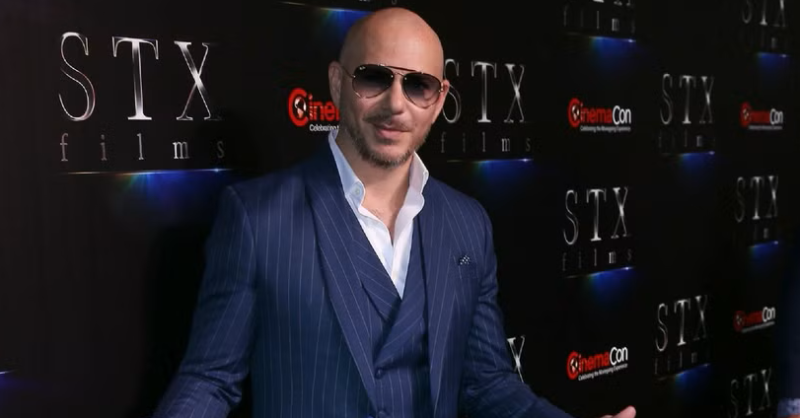
Look, Pitbull's success didn't happen by accident. The guy has some pretty clear principles he lives by, and honestly, they're worth paying attention to.
First off, he's all about turning negatives into positives. He's constantly talking about taking every bad thing that happens and using it as fuel. When most people hit obstacles, they see barriers. Pitbull sees motivation. That's not just talk either—you can see it in how he pushed through those rough years when his albums weren't selling.
He's got this thing about the word "lose"—basically, he doesn't believe in it. He only believes in learning. That's how he got through 2006-2008 when things were looking pretty bleak. He says failure is the mother of all success, and if you're determined enough, failure doesn't even exist. It's just lessons pushing you forward.
Here's something interesting—Pitbull says the music industry is "90 percent business, 10 percent talent." Once he figured that out, he stopped thinking of himself as just an artist and started seeing himself as a business partner. His advice? Always invest in yourself and demand equity, not just advances. Don't wait for opportunities to come to you—create them yourself. That's what led him into vodka, fragrances, NASCAR, and charter schools.
The man's work ethic is intense. He believes in just showing up and grinding it out—"if you continue to work hard, let that be the fuel to your fire." When he's in the studio, he's not trying to create one perfect song. He's trying to bang out as many as possible. Consistent productivity beats sporadic brilliance, right? Though he also reminds people that while he works hard, he plays hard too. Balance matters.
Pitbull's got this formula: "patience, passion and perseverance equals success." Those three P's have guided his entire two-decade career. He keeps things simple and reminds people that life is meant to be lived, not to live you. His whole "Dale" catchphrase—which roughly means "give it" or "let's go"—embodies that philosophy of just taking action and seizing the moment.
But here's what I think is most important about his approach: he stays humble and positive while being super strategic. He's always had goals, visions, and plans. This wasn't about getting lucky—it was about careful strategy. He tells people to be fearless in pursuing what sets their soul on fire, to keep moving forward like a clock instead of watching it, and to show the world where you're from while remembering we're all connected.
His actions back up his words too. Pitbull founded the SLAM charter school network in Miami—these are tuition-free schools for inner-city kids. He genuinely believes in education's power to transform lives, probably because his own teachers made a difference for him growing up. During Hurricane Maria in 2017, he used his private plane to fly victims needing medical help from Puerto Rico to the mainland. The guy supports charities like City of Hope, Pencils of Promise, and World Vision.
 Saad Ullah
Saad Ullah
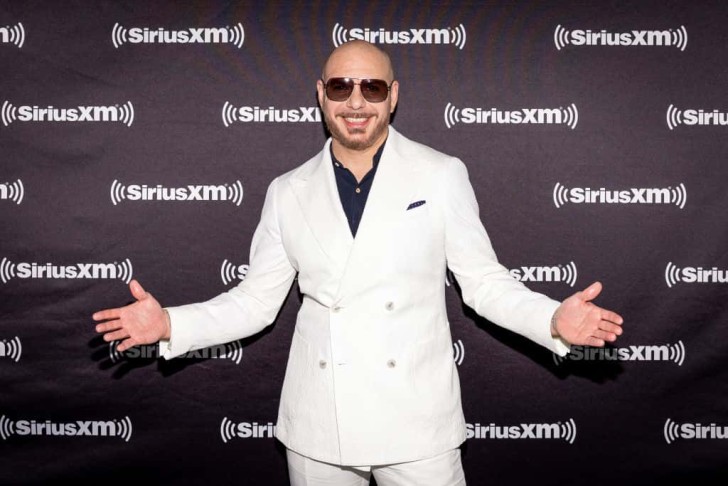
 Saad Ullah
Saad Ullah


